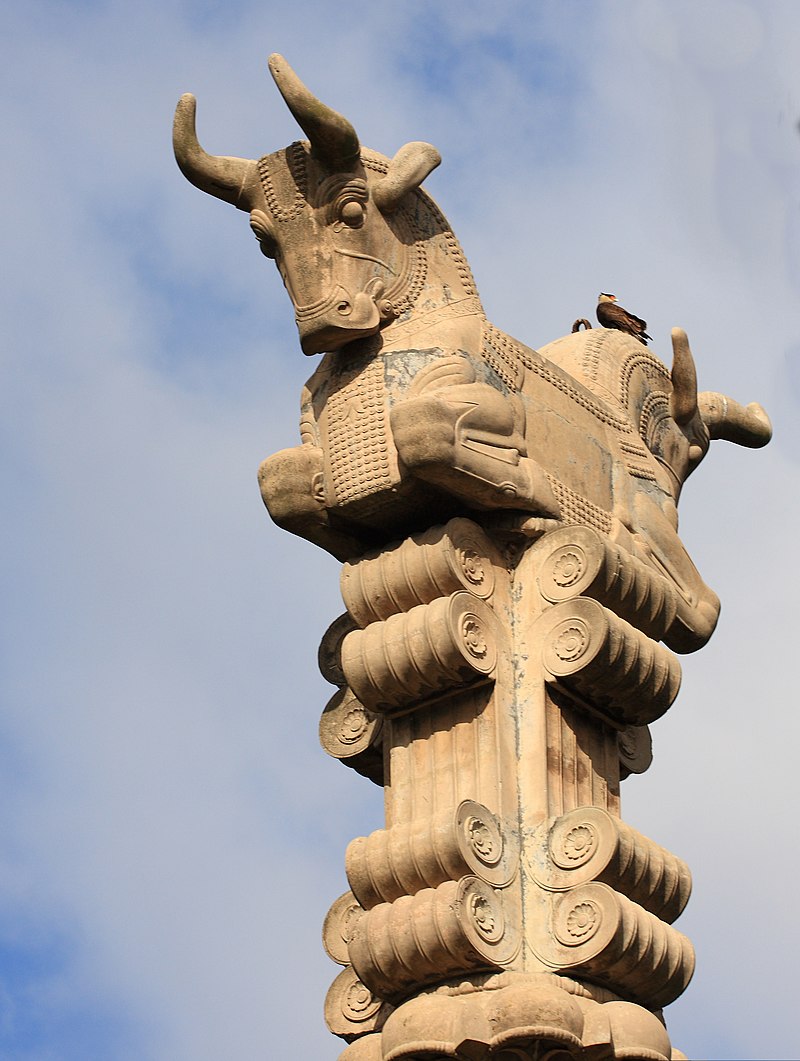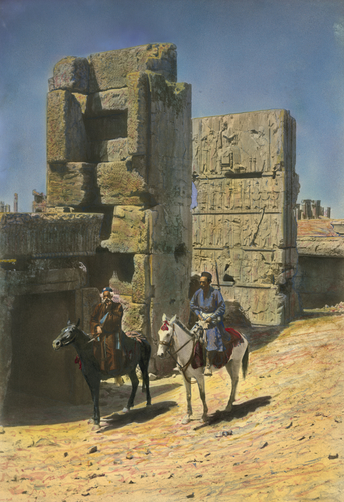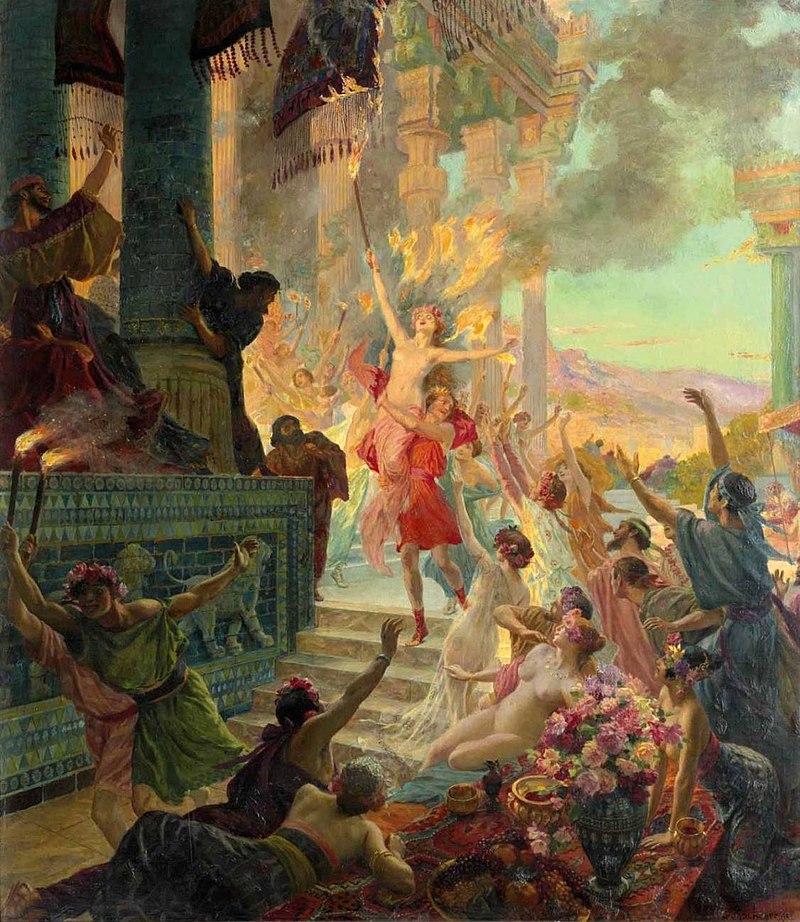
AsianOverland.net
Tour Guide - Itinerary
Asian Overland Sydney to London
Started 22/06/2022 Finished 21/06/2023365 Days ITINERARY
Day 311 date 28/04/2023PERSEPOLIS to ZAHEDAN, IRAN
ASIANOVERLAND.NET LONDON TO SYDNEY DAY 311: PERSEPOLIS TO ZAHEDAN, IRAN
Persepolis means "the Persian city" or "the city of the Persians". To the ancient Persians, the city was known as Pārsa, which is also the word for the region of Persia.
Persepolis was the ceremonial capital of the Achaemenid Empire (c. 550–330 BC), on the plains of Marvdasht, surrounded by the southern Zagros mountains of the Iranian plateau. Modern day Shiraz is 60 km southwest of the ruins of Persepolis. The earliest remains of Persepolis date to 515 BC. UNESCO declared the ruins of Persepolis a World Heritage Site in 1979.
Cyrus the Great chose the site of Persepolis, but Darius I built the terrace and palaces, and Persepolis probably became the capital of Persia during his reign. However, the city's location in a remote and mountainous region made it an inconvenient permanent residence for the rulers of the empire compared to Babylon. The Greeks were not acquainted with Persepolis until Alexander the Great took and plundered it.
The palace complex is raised high on a walled platform, with five "palaces" or halls of varying size and grand entrances. Persepolis was a ceremonial complex that was mainly occupied seasonally. Until recently, most archaeologists thought it was primarily used for celebrating Nowruz, the Persian New Year, held at the spring equinox, which is still an important annual festivity in modern Iran. The Iranian nobility and the tributaries of the empire came to present gifts to the king, as represented in the stairway reliefs.
Persepolis was taken by the army of Alexander the Great in 330 BC. Upon reaching the city, Alexander stormed the "Persian Gates", a pass through modern-day Zagros Mountains. There Ariobarzanes of Persis successfully ambushed Alexander the Great's army, inflicting heavy casualties. After being held off for 30 days, Alexander the Great outflanked and destroyed the defenders, Ariobarzanes himself being killed during the battle.
Persepolis was destroyed by fire, adding to Alexander’s reputation for destroying some of the great wonders of the world and best buildings in antiquity, including Artemis Temple in Ephesus and the Great Library of Alexandria. The Book of Arda Wiraz, a Zoroastrian work composed in the 3rd or 4th century, describes Persepolis' archives as containing "all the Avesta and Zend, written upon prepared cow-skins, and with gold ink", which were destroyed.
In his Chronology of the Ancient Nations, the native Iranian writer Biruni wrote:
"[Alexander] burned the whole of Persepolis as revenge to the Persians, because it seems the Persian King Xerxes had burnt the Greek City of Athens around 150 years ago. People say that, even at the present time, the traces of fire are visible in some places."
Ironically, the fires that caused the destruction of these ancient texts may have helped in the preservation of the Persepolis Administrative Archives, which would otherwise have been lost over time to natural and man-made events. The partial burning of Persepolis did not affect the Persepolis Fortification Archive tablets, but the eventual collapse of the upper part of the northern fortification wall preserved the tablets until their recent recovery.
Zahedan is the capital of, the Central District of Zahedan County, Sistan and Baluchestan province, Iran, and serves as capital of both the county and of the province of Sistan and Baluchestan. Zahedan started to grow during the early 20th-century. During World War I, it became the westernmost terminal of the Zahedan railway, which reached Quetta in the northern part of what was then colonial British Baluchistan.
Zahedan is close to Pakistan and Afghanistan - about 41 km south of the tripoint of the three countries and 1,605 km from the Iranian capital of Tehran.
© This work is copyright. Apart from any use permitted under the Copyright Act 1968, no part may be reproduced by any process, nor may any other exclusive right be exercised, without the permission of Peter Searle, peter@portseavillageresort.com; 1980-2024.
Website built by Justin O’Dea www.webdeveloperdocklands.com.au
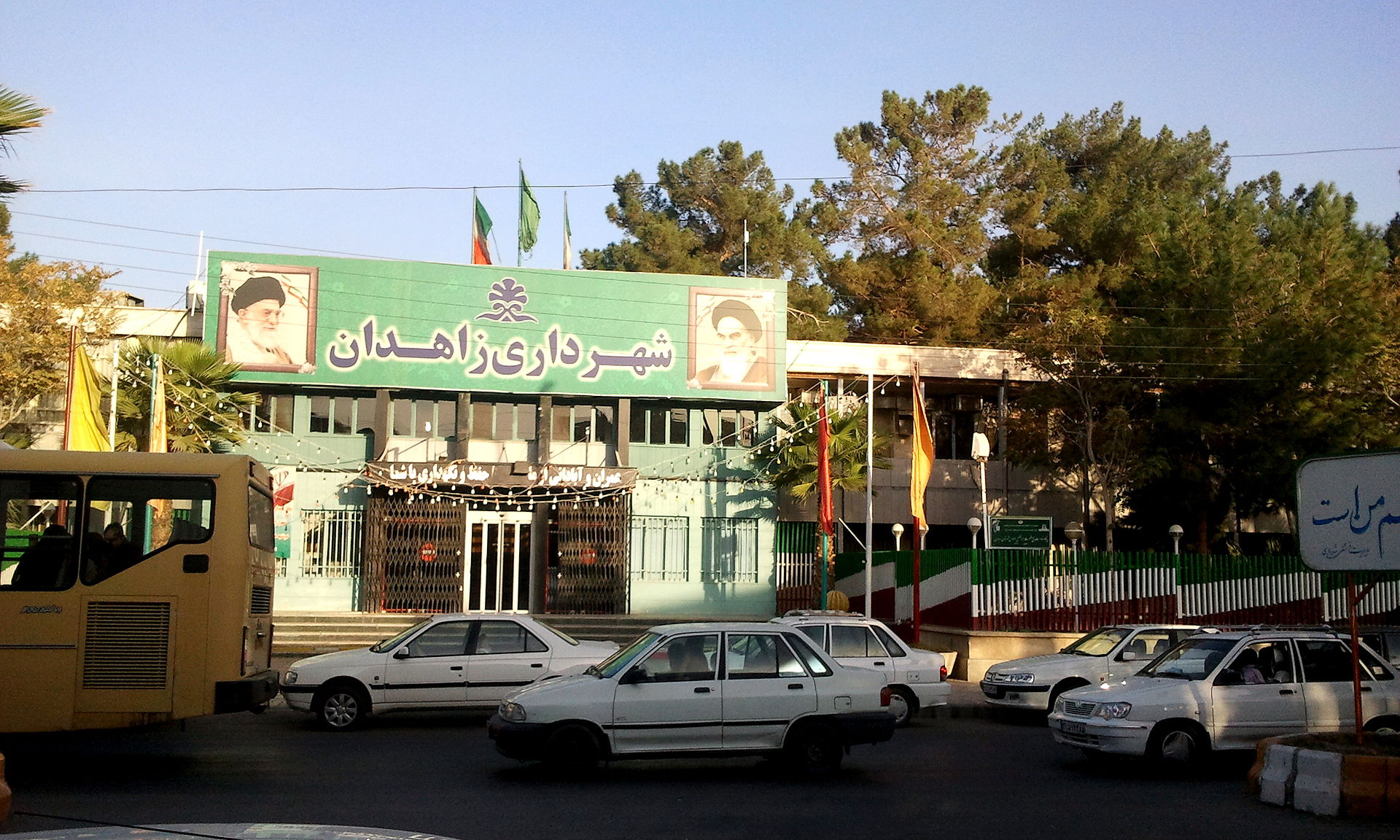
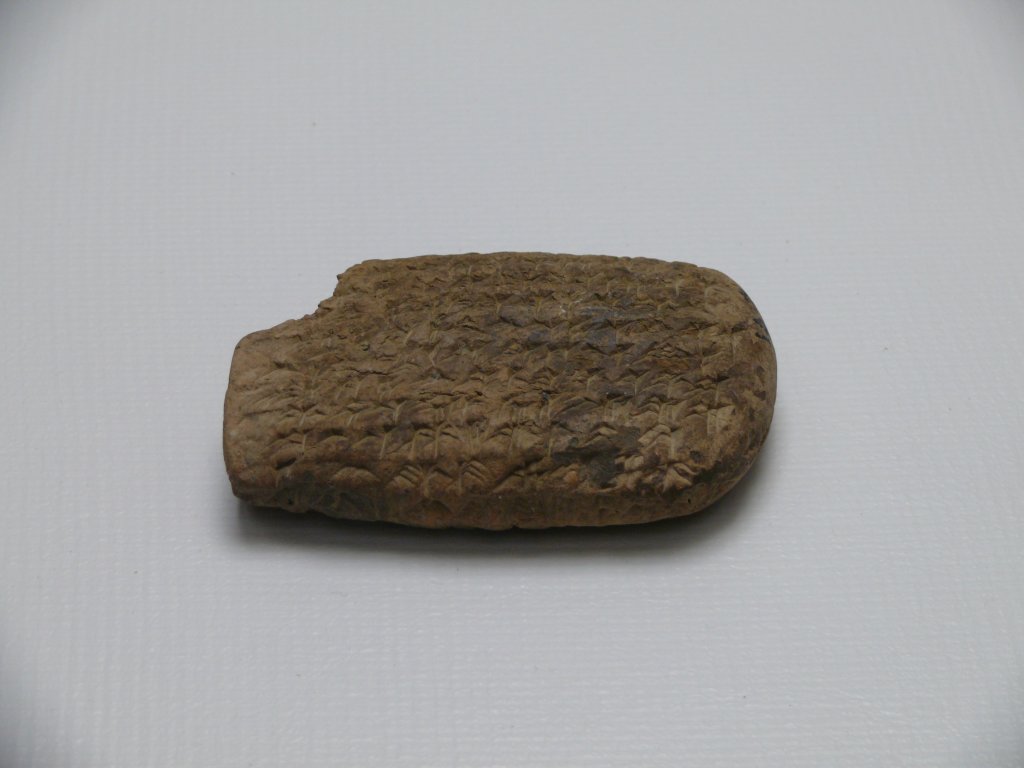
.jpg)
